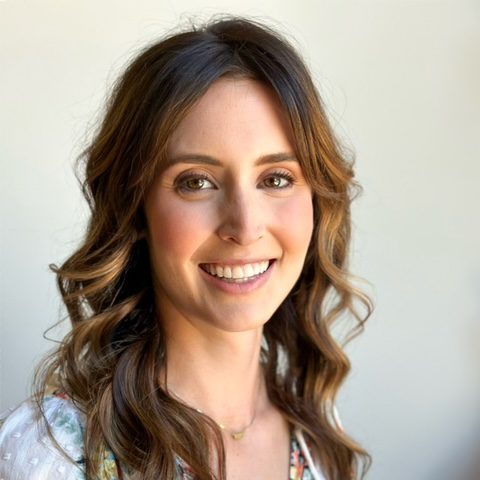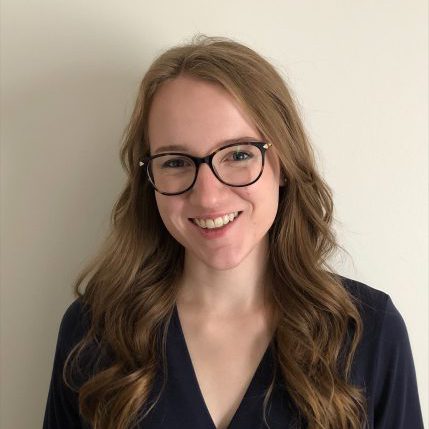November is National Epilepsy Awareness Month. According to the Epilepsy Foundation, epilepsy is the fourth most common neurological disorder in the world. People with epilepsy have surges of electrical activity in their brain that can cause recurring seizures. We want to take this month to bring awareness to epilepsy and seizure first aid.
Quick Facts About Epilepsy
National Epilepsy Awareness Month | Epilepsy Foundation
- 1 in 10 people will have a seizure and 1 in 26 will develop epilepsy during their lifetime.
- There are 3.4 million people living with epilepsy in the United States; 470,000 of them are children.
- Epilepsy is a neurological disorder that can affect any one of us regardless of race, age, or gender.
- Seizures are a symptom of epilepsy. Not all seizures are the same. Many people with epilepsy have more than one type of seizure.
Anyone can have a seizure, even if they’ve never had a seizure before. Knowing seizure first aid and when to call 911 is important. This page from the Epilepsy Foundation provides links to:
Seizure First Aid and Recognition | Epilepsy Foundation
- Learn general seizure first aid
- Access on-demand 0.5 hour free seizure first aid course
- Learn about seizure rescue medications
- Learn when to call 911 and how to help the person after their seizure
Epilepsy and Your Program

All children enrolled in your program should have written health assessments on file from their physician. If a child has been diagnosed epilepsy, you can request that the physician fill out a seizure action plan. This will provide you and your staff with child-specific knowledge of what their seizures look like, daily preventative care, and any rescue medications they should receive during a seizure.
You can print this form and give it to parents for them to have the physician fill out at their visit if not already provided with one. GENERAL Seizure Action Plan 2020-April7_FILLABLE.pdf (epilepsy.com)
For any questions or one-on-one support, you can reach out to Child Care Health Consultants at (785) 823-3343 and request to speak with the Nurse Consultant in your area, through our website at https://ks.childcareaware.org/cchc , or by emailing cchc@ks.childcareaware.org.
-

Erica Goldsby
Child Care Nurse Consultant, Child Care Aware of Kansas
Erica has a Bachelors in Science of Nursing MWSU and a Masters of Public Health KSU. She has five years experience working at Fort Riley engaged with Child and Youth Services programs as a Public Health Nurse and Child and Youth Services Nurse. She has worked with children ages 6 weeks-18 years with a variety of special needs. She is an American Heart Association HeartSaver Instructor. Taught daycare providers at Fort Riley about Medication Administration, Communicable Diseases, Bloodborne Pathogens, and Diabetes.
-

Jessica Gable
Child Care Nurse Consultant, Child Care Aware of Kansas
Jessica works as a nurse consultant from her hometown of Derby. Before joining Child Care Aware of Kansas in 2022, she worked as a pediatric home health nurse. Jessica holds a bachelor’s degree in nursing from the University of Nebraska Medical Center. In her free time, she enjoys being creative with self-portrait photography and trying out new recipes!






